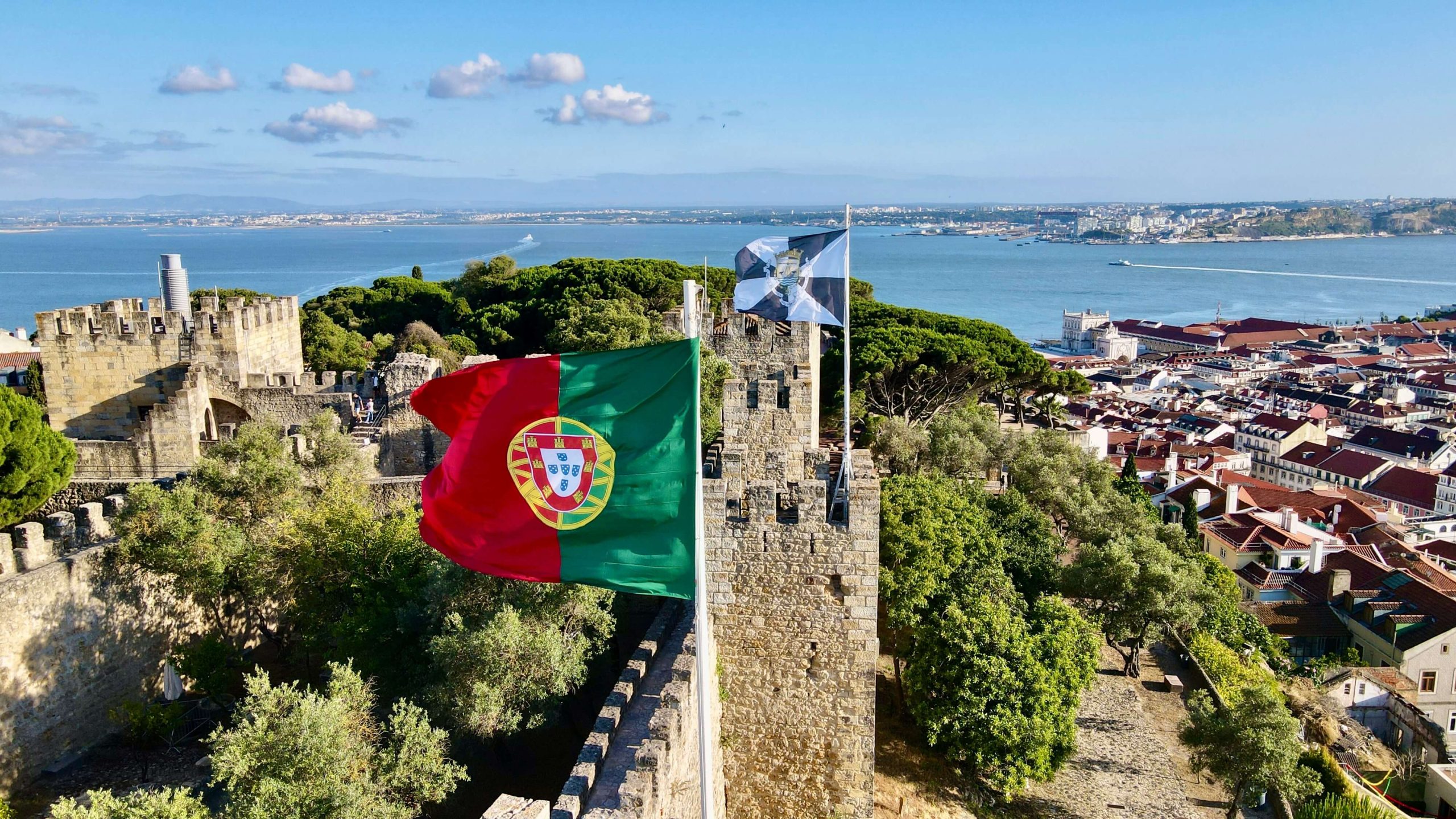When Portugal abruptly ended the original Non-Habitual Resident (NHR 1.0) tax regime, it sent shockwaves through the international investment and relocation communities—in a global race to attract high-net-worth individuals and skilled professionals, Portugal, once a front-runner, stumbled. With the introduction of the revamped version, the NHR 2.0 (formally known as IFICI), the country is trying to regain lost ground. But does this new regime have what it takes to compete, or is it already heading for troubled waters?
From NHR to IFICI (NHR 2.0): New Labels, Same Goals?
The NHR 2.0 regime, officially titled the “Tax Incentive for Scientific Research and Innovation” (IFCI), was launched to attract talent rather than retirees. While pension-related benefits have been phased out, the new scheme offers a 20% flat tax rate on eligible employment and business income for 10 years. Additionally, it promises an exemption from Portuguese income tax on foreign-sourced income, mirroring the appeal of Spain’s Beckham Law.
However, this exemption isn’t where most expect to find it. Instead of being detailed within the new IFCI article of the Tax Benefits Statute (Art. 58-A EBF), it resides rather discreetly in Article 81(4) of the Personal Income Tax Code (CIRS).
Where’s the Clarity?
The issue’s core lies in interpreting Article 81(4) CIRS. It states that individuals benefiting from the IFICI regime who earn income abroad in specific categories (employment, self-employment, capital, rental, and capital gains) will have these earnings exempted via the “exemption method.”This might seem generous at first glance. Yet, a closer reading reveals a crucial caveat: the exemption applies only in cases of actual double taxation, that is, when foreign income has already been taxed abroad. Unlike under NHR 1.0, where even untaxed foreign income could qualify for exemption under certain conditions, the current wording offers no such flexibility.
Why It Matters?
Double taxation, when two countries tax the same income, is a known deterrent for cross-border investment and migration. Countries typically avoid it through internal legal rules or tax treaties. Article 81 historically served as a hub for such regulations. However, how IFICI is structured could leave some income taxable in Portugal if it hasn’t been taxed elsewhere, undermining the program’s perceived benefits.
And let’s not forget: a tax exemption is not just a technical matter, it’s a decisive factor in relocation planning. Ambiguity in its application can lead to litigation, inconsistent rulings, and hesitation from prospective residents.
Legislative Oversight?
The law must state this explicitly if the intention was to exempt all foreign-sourced income. Legislators could have amended Article 58-A EBF to enshrine the benefit clearly as a fiscal incentive. Instead, they’ve muddied the waters by embedding the rule in a section of the CIRS focused on double taxation relief.
As it stands, the exemption only applies when double taxation exists. No foreign tax? No exemption. That’s a sharp contrast from the more flexible approach under the former regime.
What Now?
Portugal (the Assembly of the Republic and the Government of the Republic) must decide whether it wants NHR 2.0 to be a credible, globally competitive regime. If so, clarity is essential. Lawmakers should explicitly define the scope of the exemption and, ideally, place it where fiscal benefits belong: in the EBF. The legal uncertainty is not just an academic concern. History shows that vague tax laws in Portugal can be weaponised by tax authorities or struck down by courts. Recent rulings already hint at judicial scepticism, such as a controversial arbitration decision challenging the constitutionality of the 20% rate for NHR 1.0.
Interested in learning how the IFICI may apply to your case? We invite you to book a personalised consultation with our team at www.mcs.pt by clicking “Book a Meeting” in the top right corner. As we explain here, proper tax planning isn’t just prudent, it’s essential.
The founding of Madeira Corporate Services dates back to 1996. MCS started as a corporate service provider in the Madeira International Business Center and rapidly became a leading management company… Read more




